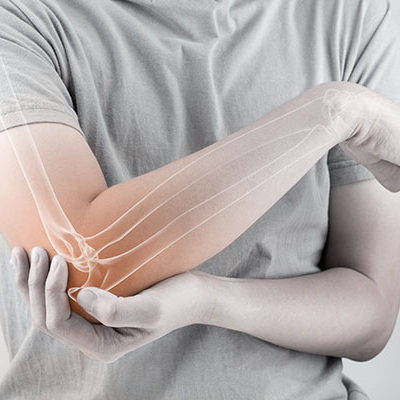Lupus
Systemic lupus erythematosus, called SLE or lupus can cause inflammation in many parts of the body and can imitate many different diseases. Lupus mainly affects the joints, kidneys and skin, but can also attack the lungs, brain and nervous system, blood and heart. It affects women 10 times more than men, usually in their 20s and 30s. African and Asian heritage is associated with worse disease.
It is often a disease of flares, but can be chronic as well. The symptoms include fevers, fatigue, rashes of sun exposed skin (including the butterfly rash on the cheeks or the raised scarring patch of skin), recurrent mouth or nasal sores, swollen and tender joints, swelling of the lungs or heart linings causing a sharp pain or difficulty on breathing deeply, blood or protein in the kidneys, neurological problems (such as seizures, stroke, or psychosis), blood problems such as low blood cell counts, coagulation problems (such as miscarraiges, blood clots causing stroke or lung injury and memory problems), a positive ANA and other antibodies that show immune system problems. It is common to have a positive ANA blood test and not have lupus, so you may need more testing if you have some of the other symptoms above.
Treatment of lupus depends on the severity of the disease. NSAIDs, Plaquenil, Prednisone, Imuran, Cellcept, Rituxan, Benlysta, Acthar www.acthar.com and Cytoxan are used for lupus. Danger signs include high blood pressure, swollen feet and hands or eyes and changes in urination as well as angina or breathing related chest pains or neurological problems. Pregnancy should be prevented until the lupus is well controlled. Estrogen can exacerbate lupus so it is discouraged for birth control or hormone replacement. The Lupus Foundation of America http://www.lupus.org/ is available for more information.

